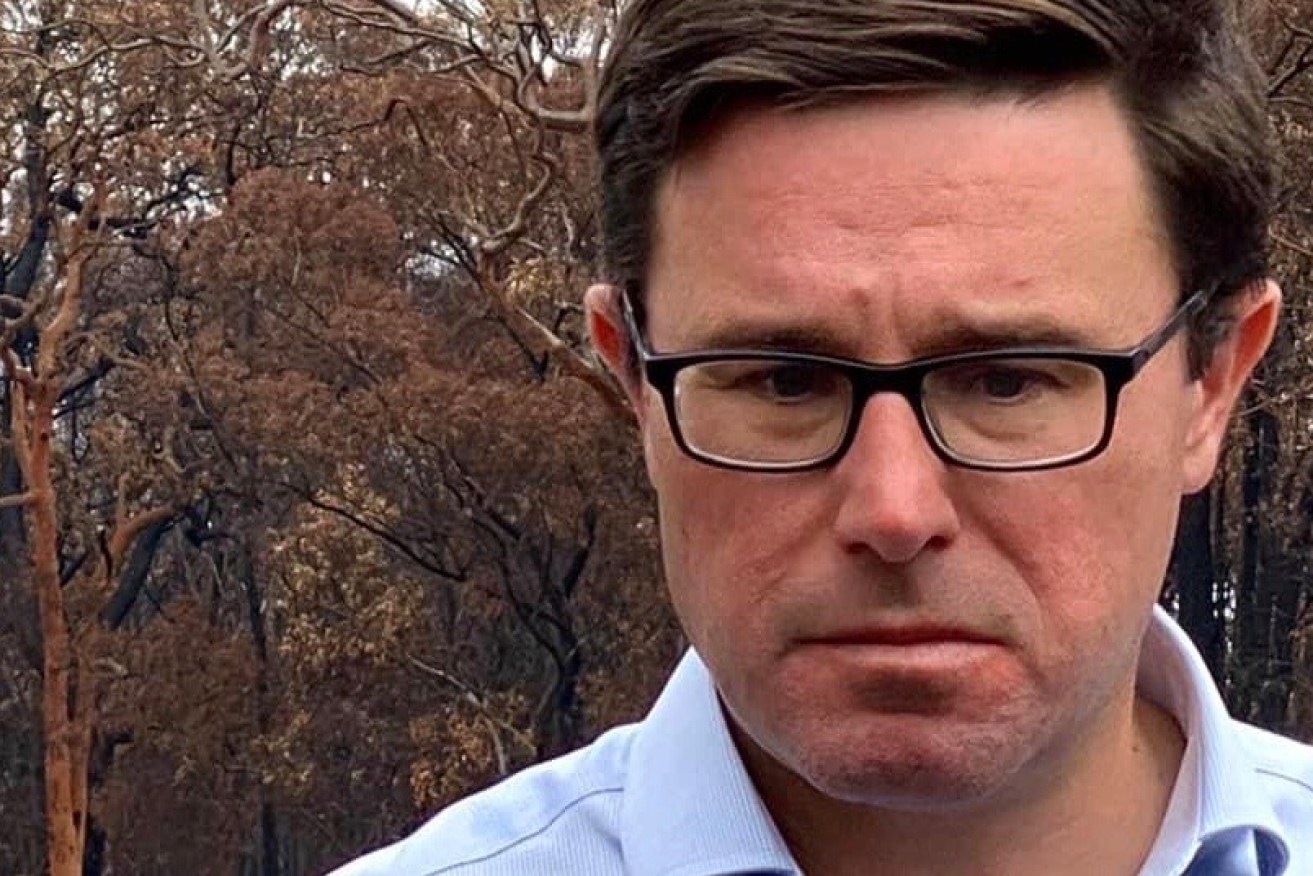Plans don’t hold water as clouds hang over $10bn inland rail project
The $10 billion Inland Rail project remains under a cloud, with key political stakeholders refusing to endorse the chosen route through southern Queensland despite crisis talks this week.

Emergency Management Minister David Littleproud. (Source: Facebook)
Australian Rail Track Corporation Inland Rail chief executive Richard Wankmuller had sought to convince the project’s critics that the border to Gowrie corridor, across the Condamine floodplain, was fine.
“We have the utmost confidence in our flood modelling, which has been conducted, reviewed and verified separately by the country’s and Queensland’s leading hydrology experts,” Wankmuller said.
“Our confidence comes from the fact that five different companies – all experts in their field, who’ve done this many times before, have confirmed that this flood modelling is comprehensive, meets industry standards and is fit for purpose.
“The science tells us there is no premise to change the route based on flood modelling and the economics tells us that this route was the most viable, cost effective option.”
But despite the Federal Government being a proponent of the project, and having responsibility for the ARTC, Deputy Prime Minister Michael McCormack refused to declare his position on the route this week.
The Deputy Nationals leader, local MP and Agriculture Minister David Littleproud, remained dissatisfied – even after the ARTC held talks with stakeholders and critics in Sydney.
“I continue to have serious concerns about ARTC’s hydrological studies that underpin their engineering solution,” Littleproud said.
“There has also been inadequate consultation with the community, and therefore there is little confidence that ARTC can deliver a proper engineering solution.”
Queensland’s Transport and Main Roads Minister, Mark Bailey, said it was incumbent on the Morrison Government to “fix any issues with this project before it proceeds”.
Bailey acknowledged some people living or working near the proposed corridor have raised concerns including impacts on operating farms, loss of agricultural land, floodplain issues and noise.
“That’s why as part of the Inland Rail Bi-Lateral Agreement negotiated by the Palaszczuk government, we’ve insisted that the needs of Queensland communities along the proposed railway are addressed,” he said.
“This included agreement that an independent panel will review ARTC’s flood plain modelling.
“My department is treating this as a priority and is currently finalising arrangements with the (appropriate) federal department for the operation of this panel of independent experts.”
The review will be in addition to any consideration undertaken as part of an environmental impact statement.
By contrast, the Palaszczuk government’s Cross River Rail project has a finalised route, largely underground, and is tipped to cost $5.4 billion, however there are tensions with contractors and unions.












